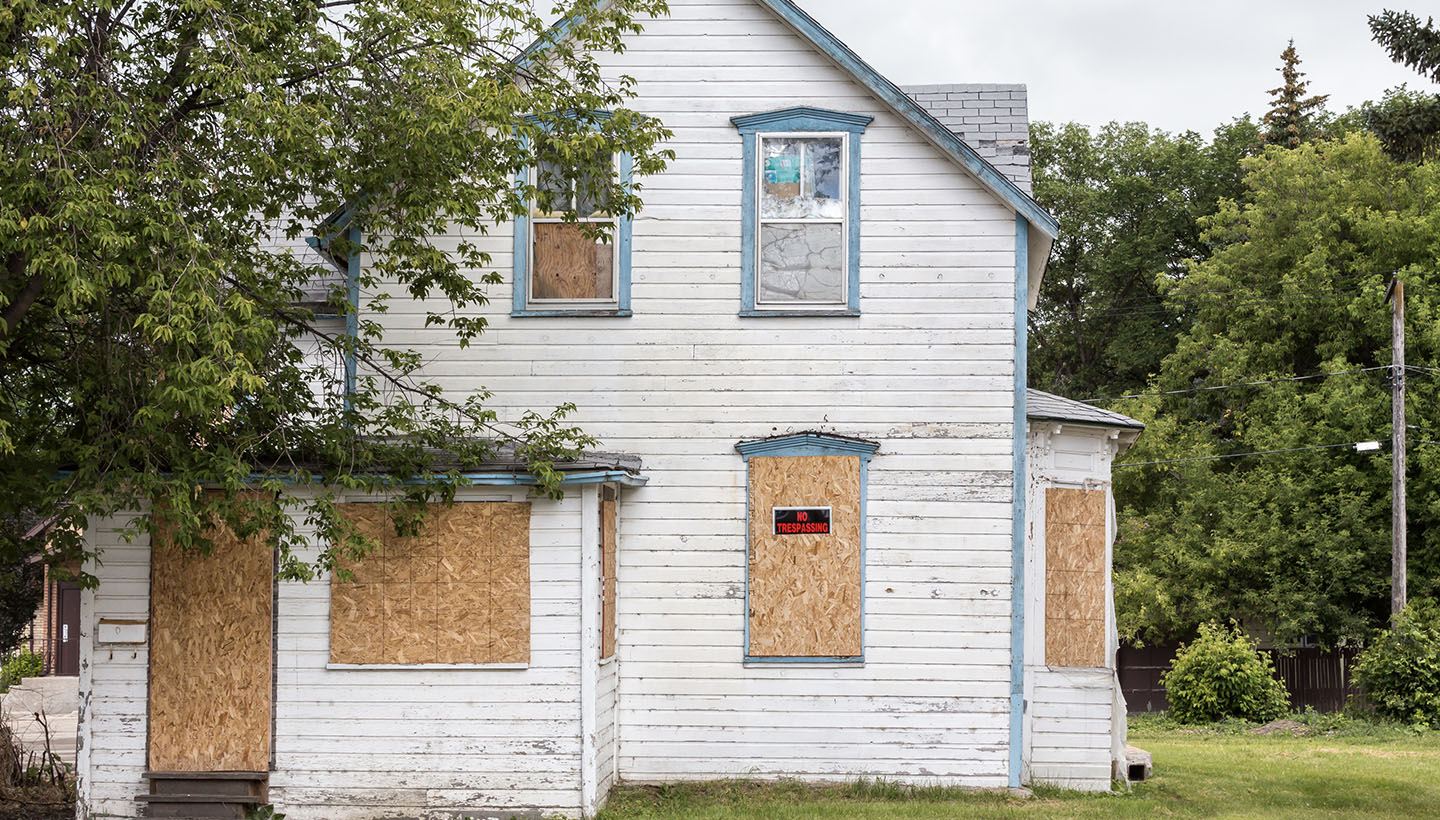
Can a home inspector condemn a house?
You can’t condemn a house as a home inspector, but you are often the first in line to note when a home might not be safe for people to live in. Here’s a little more on how that power works, and when and how to use it. After all, with great power comes great responsibility…
How do home inspectors play into the condemnation of a house?
When it comes to condemning a home, think of a home inspector as the first line of defense. You’re the first to witness a property inside and out, which means you play a critical role in determining the safety of the property. If a property should be condemned, you’ll likely be the first to know, as you have the ability to sniff out the red flags during your inspection.
Though you can’t condemn a property yourself, here’s what you can do.
Catch problems early.
Head-first in the danger zone, you have the power of detecting problems and making judgment calls — if it doesn’t look right, trust your gut. There are an alarming number of issues that are difficult to detect, but could cause even bigger problems down the line, leading to the condemnation of a property. Here are a few areas where you can catch issues before they spiral out of control:
- Foundation problems like settlement or structural shifting
- Hidden water damage and wood rot
- Septic issues
- Termite or other pest infestations
Document all issues and safety concerns.
Next in your toolkit is the power of thorough documentation. Write everything down, no matter how little the issue may seem. It’s all part of the job, right? It’s also part of the InterNACHI Code of Ethics — you have a duty to warn your clients of hazards and imminent danger. Especially in cases where a problem (or even a quirk) may need a deeper look, you’ll save the homeowner and prospective buyer lots of time, stress, and heartache by being transparent, and getting things in writing.
Better yet, you’ll save your own neck. In the unfortunate case where a potential hazard takes a turn for doomsday, you can’t be held liable if you document the issue.
Recommend further inspections by specialists.
Once you’ve documented your findings, if there’s an area you feel should be investigated more carefully, recommend a specialist do so. Not only is this part of your Code of Ethics – falling within your responsibility to provide thorough and accurate information to your client – but you’re also protecting yourself legally by noting it in the report. Taking this step is crucial if you suspect a home may be headed for condemnation.
In worst-case scenarios, protect the buyer!
At the end of the day, you are the advisor in this transaction. If a house is in such poor condition that you believe it poses significant safety hazards, let your client know. Not only is it the ethical thing to do, but it’s also your responsibility – meaning you can (and should) tell your client all the dirty details, and let them know when a home (in its current condition) is unsafe to live in.
If home inspectors can’t condemn a house, who can?
Let’s say we’ve got a home falling apart at the seams, and the buyer has been informed of the hazards. This is when the big boss comes to the plate. There are a number of specialists and government agencies who can condemn a house once they have thoroughly investigated a property:
- Zoning departments
- Environmental agencies
- Structural engineers
- Local health departments
- Local fire departments
- Local housing/code enforcement departments
- Government building departments
You lead the way.
Although you can’t condemn a home as a home inspector, you can lead the way to sniffing out the properties that aren’t up to par. Remember to listen to your gut, pay attention to details, and always be transparent in your reports; don’t let your client fall victim to a hazardous property, and you don’t let yourself get sued! In addition to having some of these skills, it’s good practice to keep yourself sharp by adding certifications and specialties to your repertoire so that you’re always aware of red flags in sneaky places.




